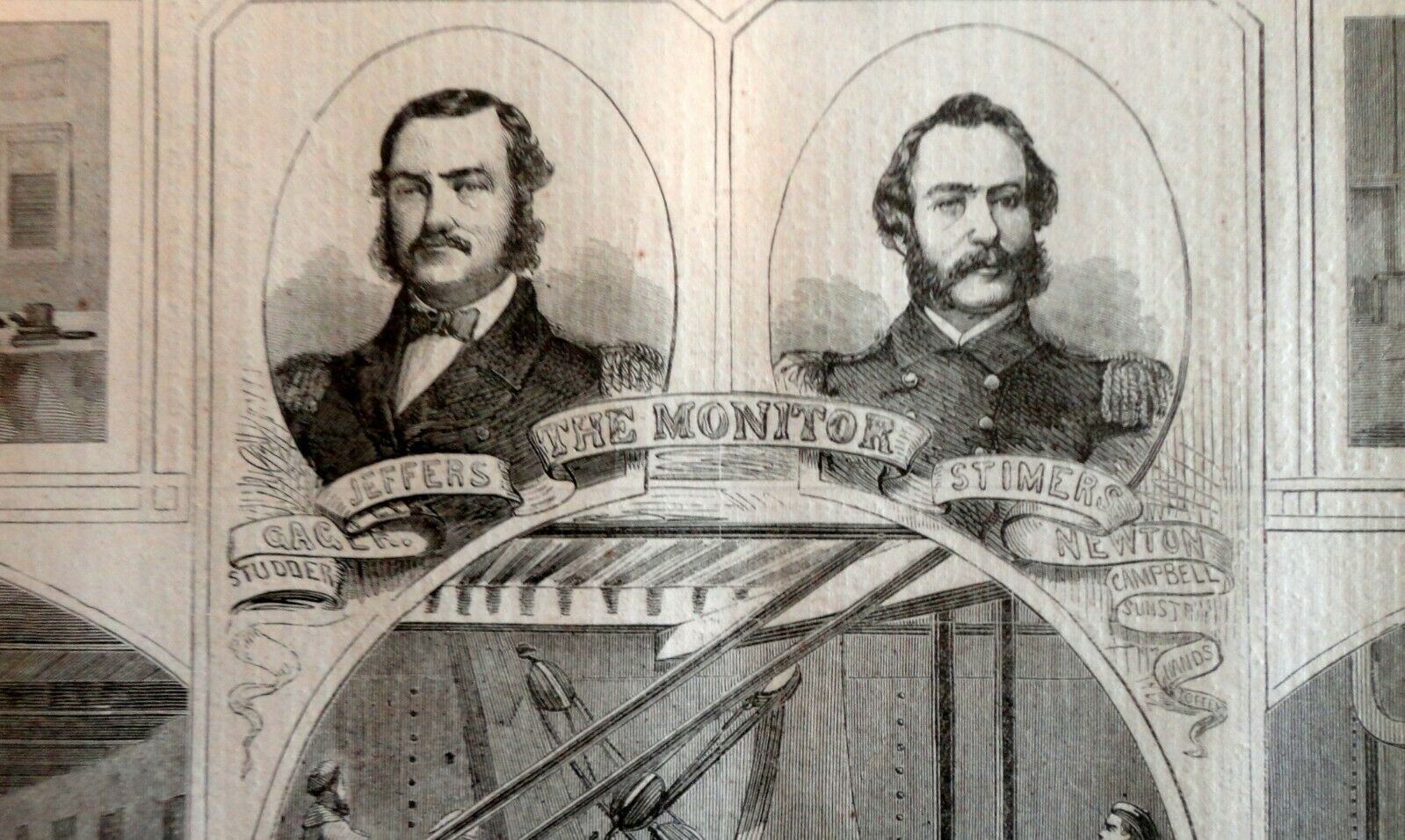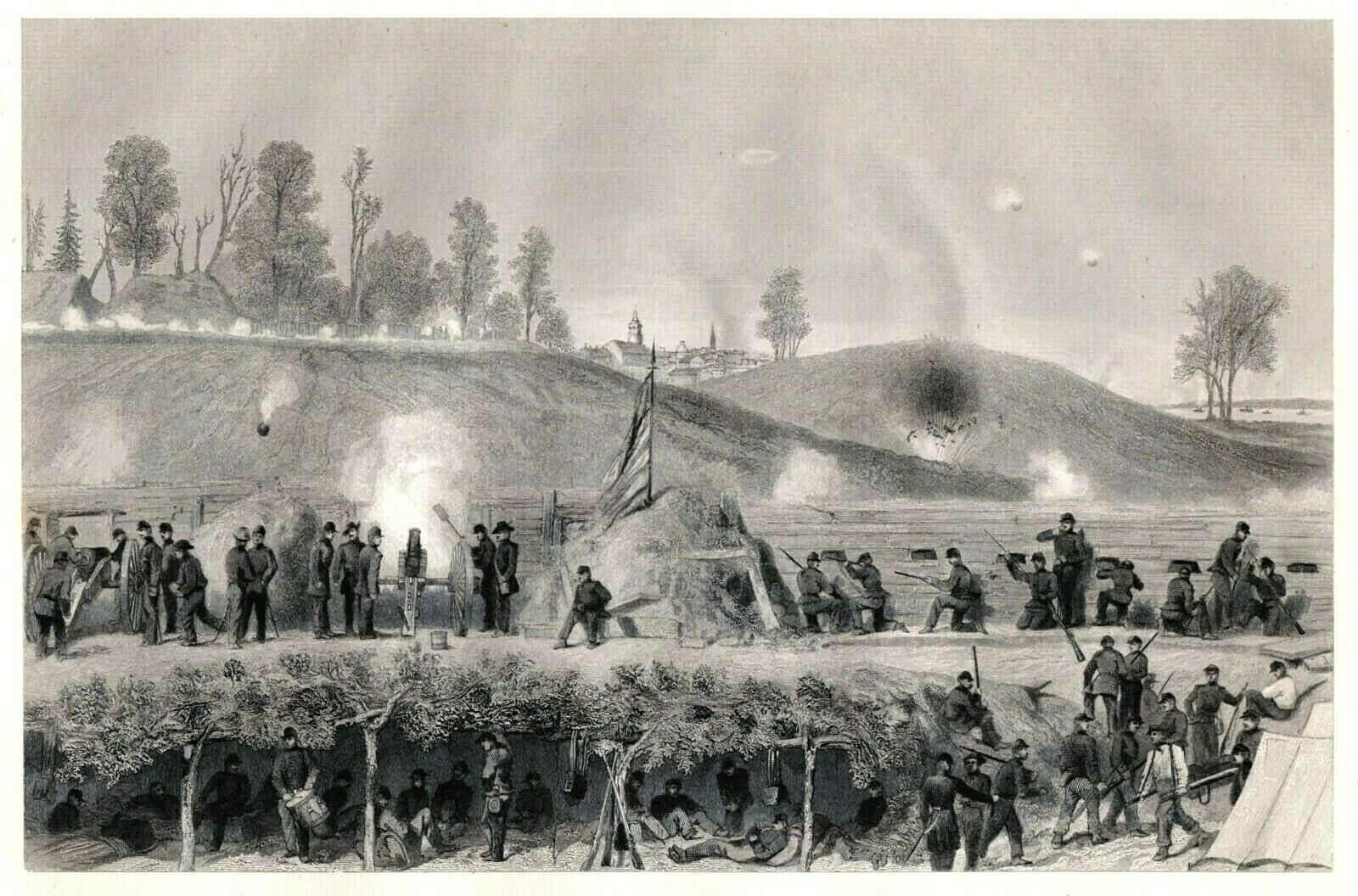-40%
Civil War Union Soldiers Bridge Over Bull Run - Orange Alexandria Railroad Print
$ 20.06
- Description
- Size Guide
Description
"The Army Of The Potomac - The Bridge Over Bull Run - Present Appearance. - From A Photograph"This listing is for an original wood-engraved illustration published in Harper's Weekly, December 12, 1863. This engraving from a photo is of the destruction of the important lattice truss bridge over Bull Run which was rebuilt many times during the Civil War. The print is in very good condition and measures 6" x 9" with ample margins for framing (narrow margin at top or print). This amazing over a 150-year-old artifact from the American Civil War era is a highly displayable collectible and guaranteed to be as described. You may be interested in
our other listings
on eBay.
Frequently Asked Questions
Are those odd lines on the image a defect in the print?
Antique prints often have faint vertical or horizontal lines visible. Rather than a defect, they are a fascinating historical artifact of the popular engraving process employed by newspapers at the time of the Civil War? During the war, newspaper publishers needed a method where they could get the illustrations produced by newspaper artists in the battlefield to the American public as quickly as possible.
To do this, the illustration was divided into sections usually two inches square. Double page prints were divided into as many as 40 sections. The section was traced onto a wood block. Engravers cut into the wood with various tools creating a mirror image of their section of the illustration. The blocks were then screwed together, recreating the original illustration. This would then be inked and stamped onto the newsprint. The lines on the image above are a result of where the blocks of wood were joined together.
Will my antique print deteriorate?
Before 1870, newspapers were not made from wood pulp as they are today. Instead, they were printed on a sturdy paper made by pulping linen rags. These rags came from clothing and ship sails. Because this kind of paper contains very little acid, your antique print could easily retain its appearance for many years into the future, if handled properly.
Why do people purchase antique prints and maps?
Antique prints and maps portray a moment in history. Because they represent a broad range of subjects, they are particularly useful when looking for a unique gift. Interior design has become a huge market for antique prints. From small framed botanicals to large Civil War maps, from large framed old city views to a collection of framed Harper's satirical cartoons, antique prints provide a world of design possibility. If properly framed, antique prints and maps can be preserved for many decades.
Is this item really authentic or just a reproduction?
You can have confidence that the item you purchase is guaranteed to be an original and not a modern day reproduction of any kind.
Can I return an item I purchase?
All purchases come with a 100% satisfaction guarantee.









